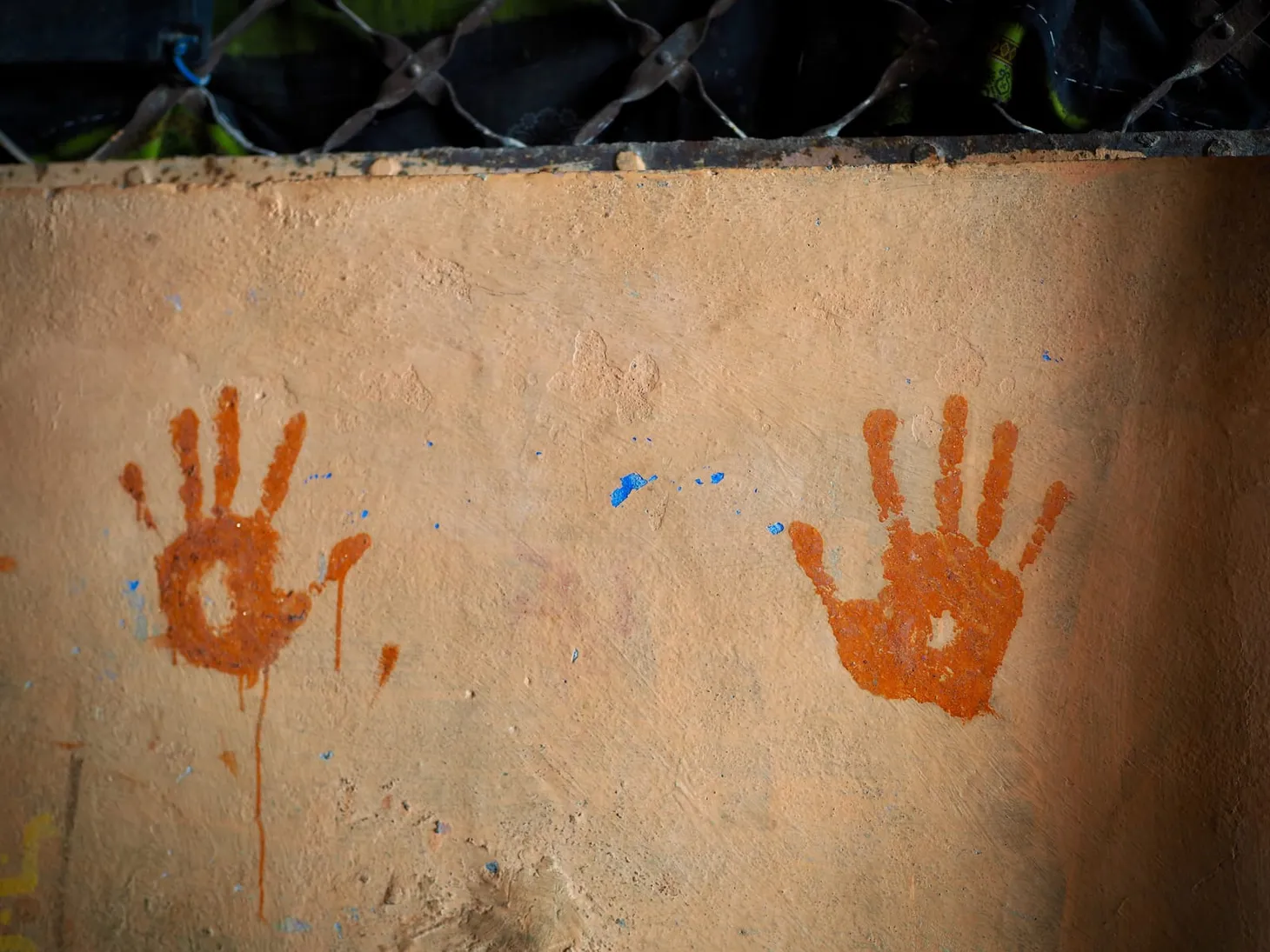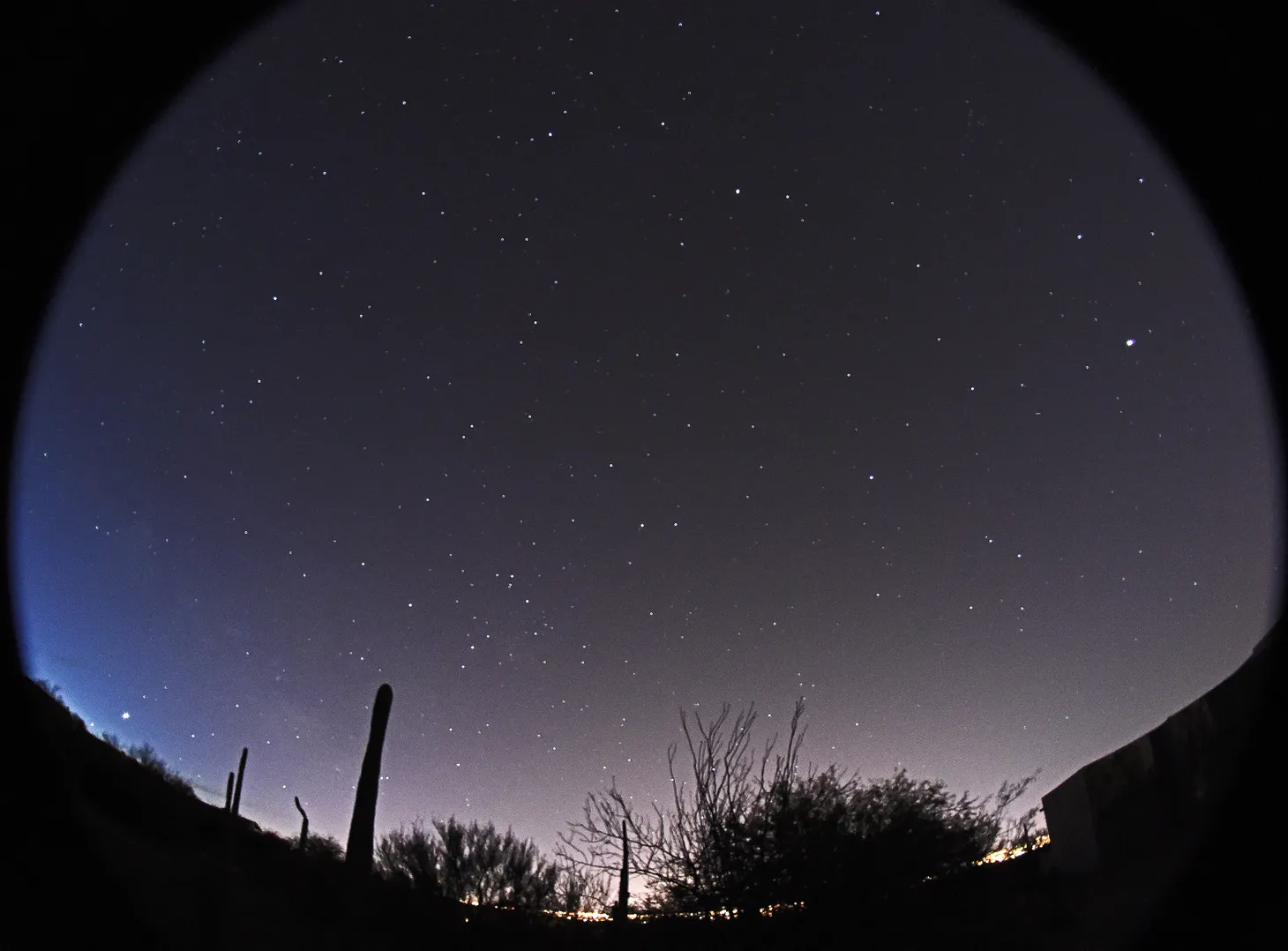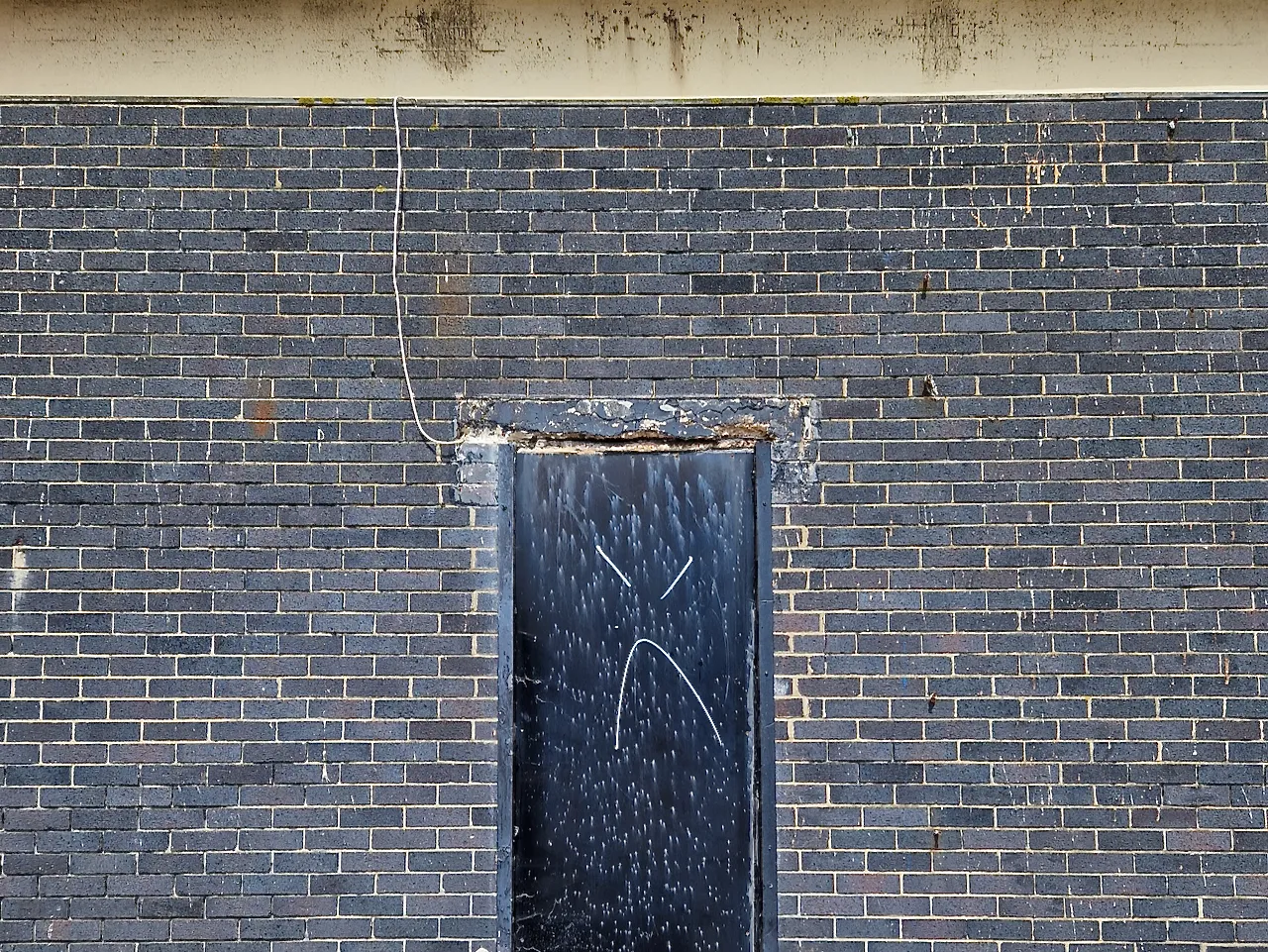The Best Kind of Localist
Can you point north from where you're reading this right now? Do you know what grasses are native to your area? Many of us are urgently connected to global news yet know very little about where we're at: our local people and places.
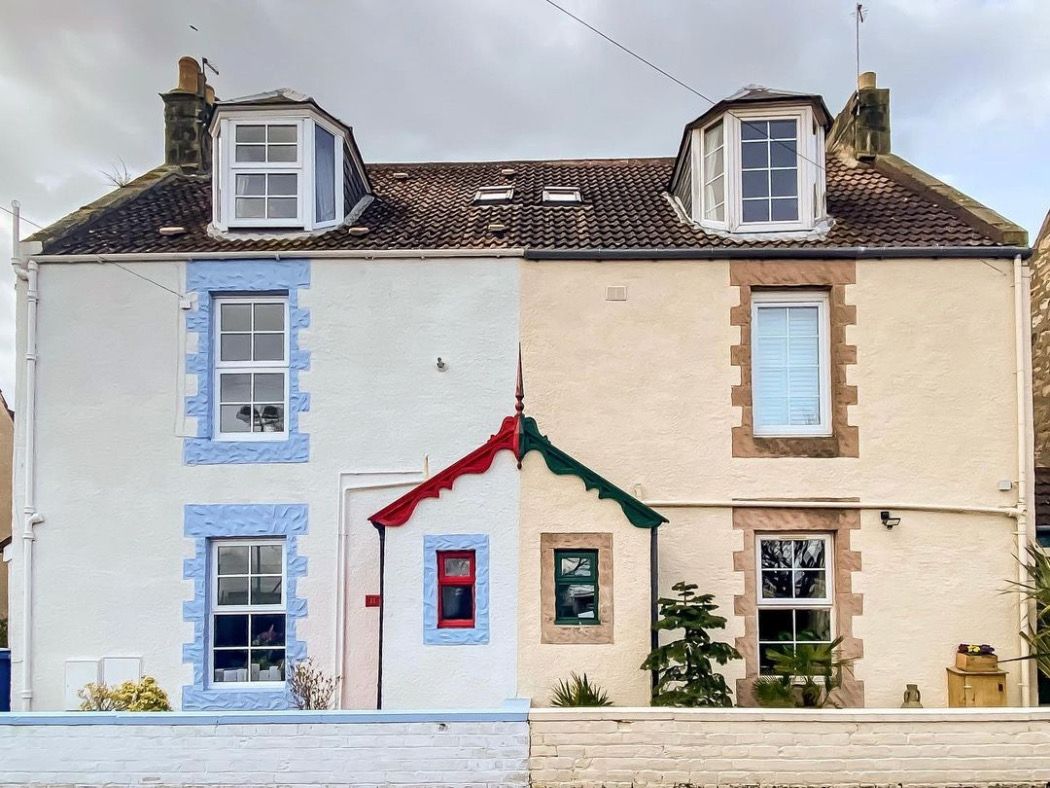
Hello, Good Lookers,
It's Menka here, with another Just Looking Letter: a once or twice monthly reminder to slow down and notice more.
A few weeks ago I spoke at the launch of a new book The Mindful Photographer by artist and activist Sophie Howarth. It was held at The Photographers Gallery, one of my favourite places in London to go on artist dates. And it was so great to see some of you there!
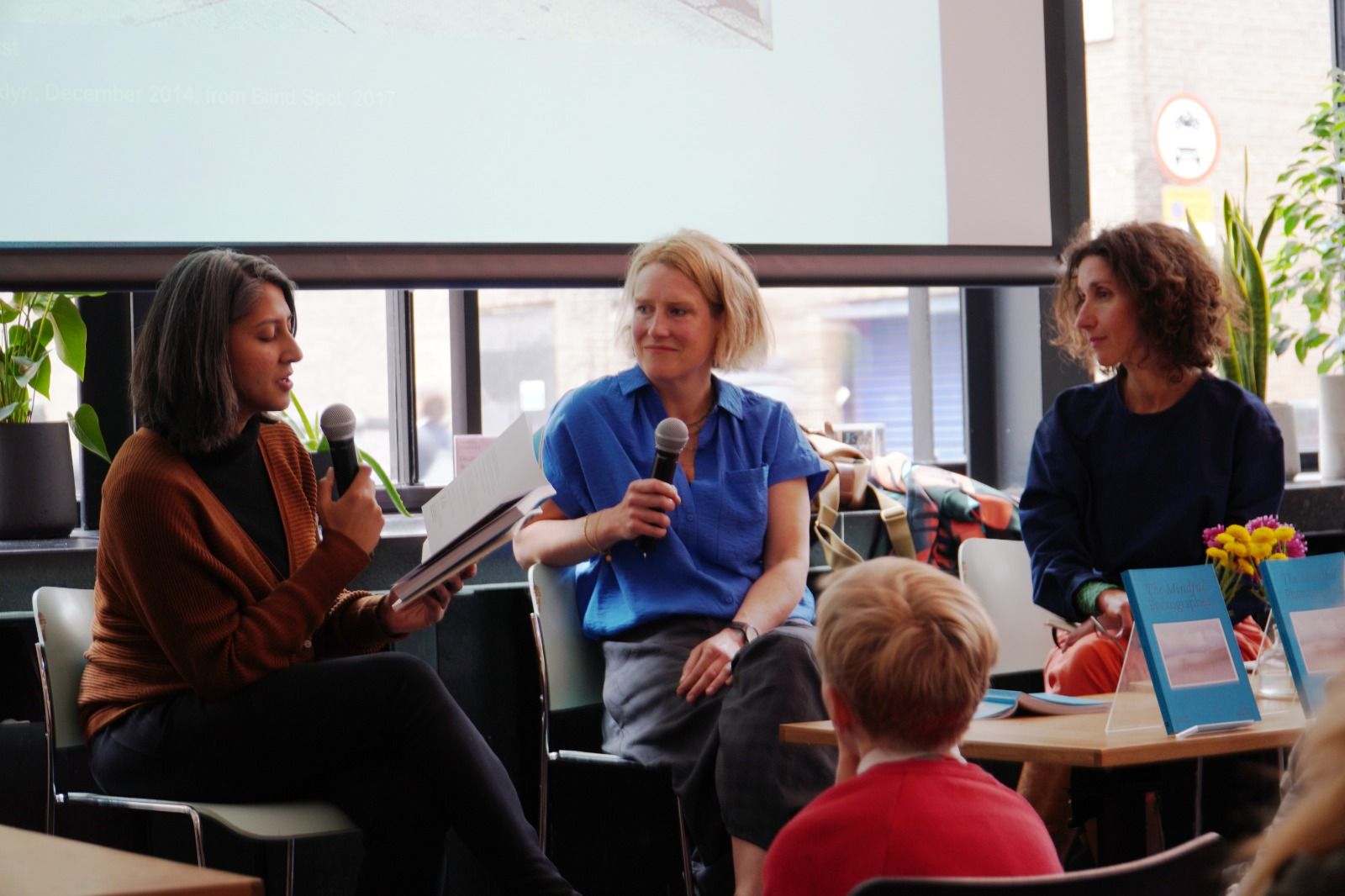
For many years now I have been thinking about the need for a new book on mindful photography. One that frames the subject within the bigger context of what goes on when we look at something. Because looking is never neutral. What we notice depends on our inner state and the creative choices we make. Our capacities for compassion, curiosity, playfulness, humility, and tolerance for ambiguity, all shape what we see of the world. And I love how this new book goes there, by focusing on photographers and their attitudes, rather than just photographs.
A book question for you: What are your favourite books on these themes of mindfulness, looking, noticing, perception, art, and photography. Hit reply to let me know, and I'll collate a list to share back with you all in the next letter.
About Local Knowledge
Nan Shepherd of Scotland is best known for writing about a mountain range near her, the Cairngorms. Her book The Living Mountain has become something of a cult classic. It is written in 12 sections, each of which explores an aspect of the mountain and life on them. "Water, Frost and Snow", The Recesses", "The Senses" and so on.
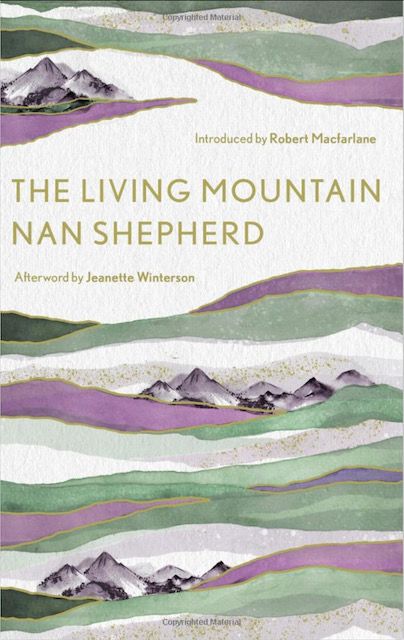
Although she traveled widely, this place, this mountain, was always her home and she was passionate about exploring every inch, mood, and hue of it. In her own words, she spent her life in search of the "essential nature" of it. She completely abandons the summit as the organising principle of a mountain, and instead wanders it, learns it, and loves it. She writes:
"Often the mountain gives itself most completely when I have no destination but have gone out merely to be with the mountain as one visits a friend, with no intention but to be with him."
For all these reasons, the nature writer Robert MacFarlane (in his own book about local knowledge, Landmarks) celebrates Nan Shepherd as "a localist of the best kind":
"A localist of the best kind: she came to know her chosen place closely, but that closeness served to deepen rather than limit her vision."
A phrase of hers that intrigues me is "particularised knowledge". By this, she means minute, precise and specific knowledge which can only come about from looking at something closely and understanding it intimately.
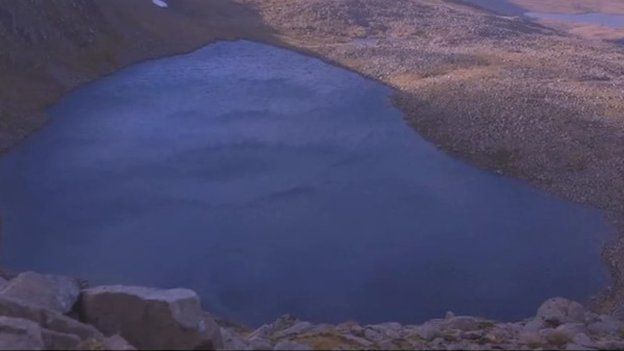
On knowing about "your area" I recently came across a little quiz published in 1981, with the fantastic title "Where You At?" Here are some of the questions in there:
- What soil series are you standing on?
- How many days till the moon is full?
- When was the last time a fire burned in your area?
- Where does your garbage/ rubbish go?
- How long is the growing season where you live?
- Name five grasses in your area.
- Name five resident and five migratory birds.
- What species have become extinct in your area?
- From where you're reading this, point north.
I admit I ended up investigating the answers to most of these for my area. But that's just the point, to use these questions as observational prompts. Which is what Rob Walker suggests too in his newsletter The Art of Noticing, where I found this.
Another great version of such questions would be about people - about the history of the community, the indigenous people, specific buildings, or road names. Where did the first people in your area live, and how did they survive?
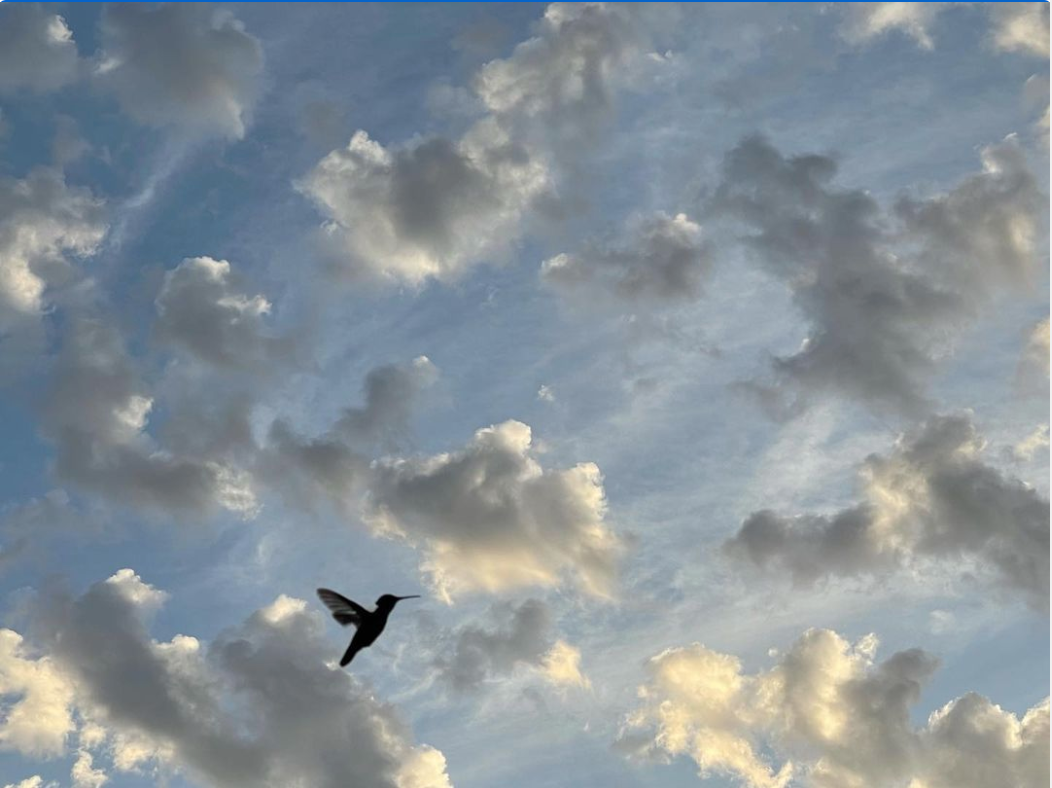
Local knowledge like this has become scarcer since we now spend most of our time online, and so our locality is less relevant. At one point in recent history, those who only had local knowledge and not global news were considered "parochial", due to their limited, narrow outlook. These days, it can easily be the other way around - many of us are urgently connected to global news yet know very little about our local people and places. What's the word for that?
Looking Exercise
Where You At?
It may not be a Cairn Gorm mountain, but there will be something near you that you find interesting. Find out everything you can about it. Maybe it's your local park, a library building, or a statue. A tiny stream hidden away somewhere. Or a type of wildflower that seems to come out much earlier than the others every spring. Whatever it is, make it your muse for a while, and see what that does to your sense of place.
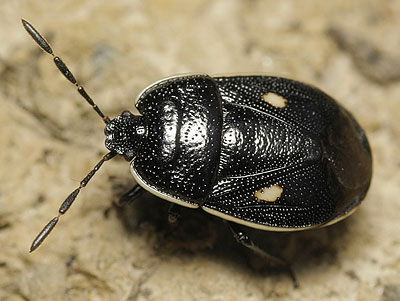
For me, I'm really keen to deepen my knowledge of local wildlife, especially some of these shieldbugs that are becoming a rare species. This shiny black one, for example. They've fascinated me for years, but I've recently got a pair of close focus binoculars (they focus as close as 50cm away) so I'm going all in now!
ps. If you end up taking a photograph, as always feel free to share it with me by email or on Instagram with the tag #wearejustlooking so that it comes up in our Just Looking community feed (a non-ideal but easy place to share photos).
Links about Looking
Mindful Washing Up [See]
Amazingly, this stainless steel effect was made only using pastel pencils. I'm inspired by the way that Debra Spence, the artist, noticed this mundane domestic scene and deemed it worthy of her attention. It went viral on Twitter recently, and some of the replies made me laugh out loud. Like this guy.
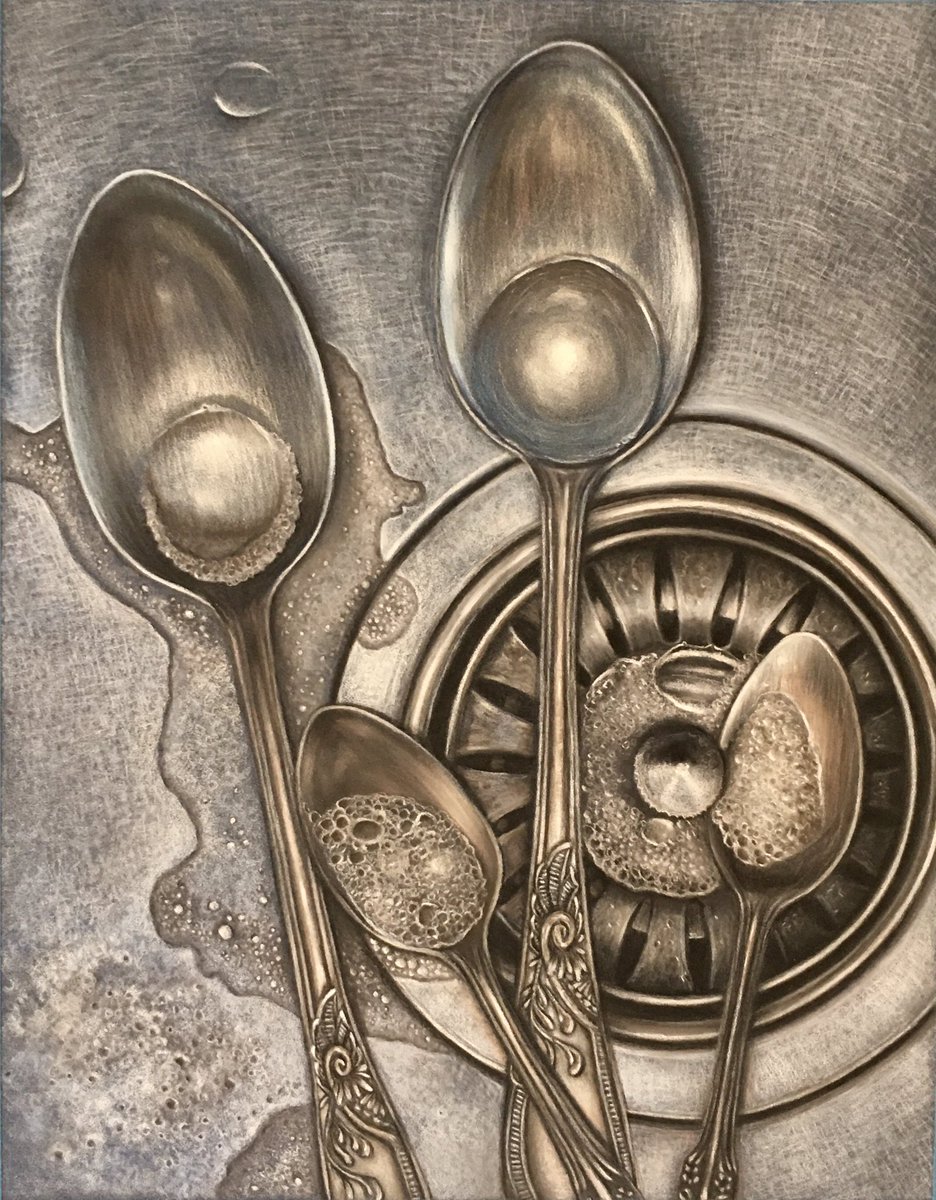
Birth Marks Project [See + Read]
This photographer Leticia Valverdes is someone I met through the recent book event I spoke at. She shared something that day that I can't stop thinking about - how simply looking at someone with a "compassionate gaze" can have a healing impact on them. Here's an example with a before/after photo on her Instagram.
Eight Ways Your Perception of Reality is Skewed [Read]
A fascinating round-up of research around how perception is influenced. For example, people listening to melancholic music tend to think a hill actually looks steeper than people listening to happy music. What?!
TAG THE GAME - Official Trailer [Watch]
Excuse the caps - once you watch the video, you'll understand why.
A Long Walk in a Fading Corner of Japan [Read + See]
Another meditative photo essay by Craig Mod.
Until next time, wishing you many unexpected reasons to smile.
Yours in curiosity,
Menka
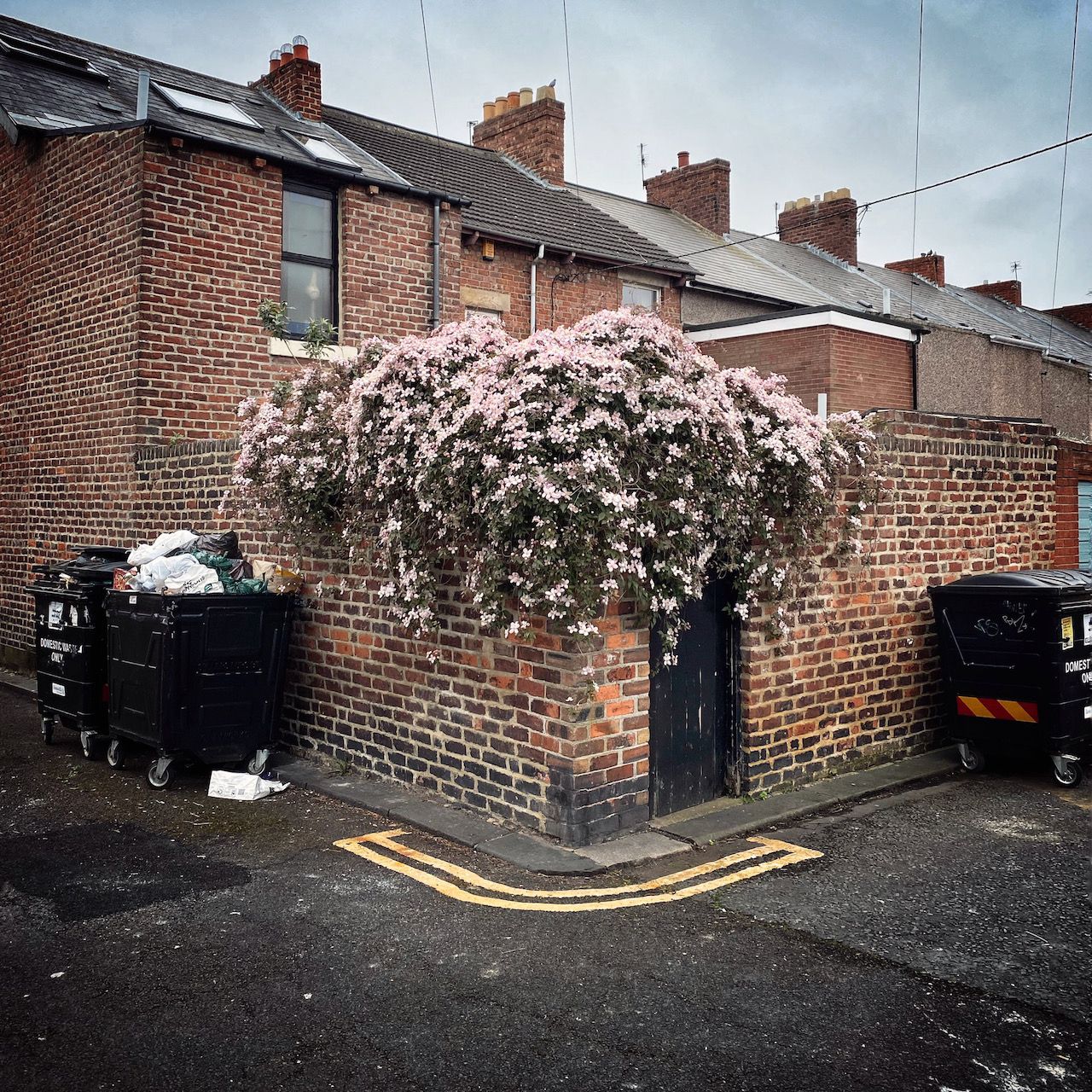
Noticing – Our Newsletter
Join our newsletter community for monthly inspiration to slow down and stay curious about everyday life and what matters most to you.


